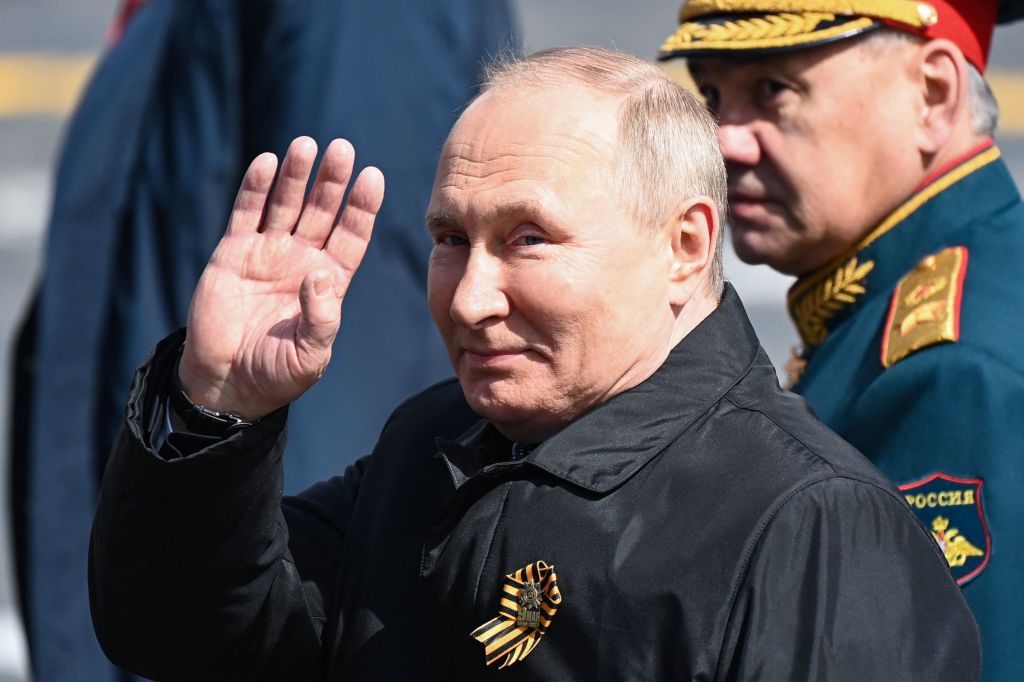This week, Russian President Vladimir Putin ordered that his armed forces be expanded to 2,389,130 personnel, including 1,500,000 servicemen. With the decree set to come into effect on 1 December, this increase of 180,000 troops would make the Russian army the second-largest in the world after China, overtaking both India and the US.
This is only the third expansion of the Russian army since the start of the full-scale invasion back in February 2022, raising the question of why the Kremlin is doing this now. Firstly, Putin must be wondering to what extent his recent threats contributed to the US and UK’s decision to postpone the question of letting Ukraine use long-range missiles against military targets inside Russia. Having seen what can apparently be achieved by throwing his weight around, it is unsurprising that he wishes it to swell even further.
Additionally, this expansion may be necessary to keep Russia’s war machine running. In July, Kremlin sources told Bloomberg that Russian losses were at their heaviest since the full-scale invasion began, with Moscow forced to offer high “signing bonuses” after struggling to attract enough volunteer contract troops to replace those lost. The Ukrainian General Staff claimed this month that Russia’s casualties, including killed and wounded, stood at 1,187 per day in August. The British Ministry of Defence attributed the soaring casualty rate to Moscow simultaneously striving to drive back Kyiv’s forces in Kursk while maintaining pressure on the Pokrovsk axis, predicting that Russia’s losses will average above 1,000 a day throughout September.
Kursk may lie behind the army’s expansion for another reason. Moscow claims to be retaking land seized by Ukrainian forces. However, it is not doing so quickly enough to prevent fresh evacuations of civilians being necessary. Putin, dubbed “the new Stalin” for his autocratic style of rule, also shares with the former Soviet leader the dubious accolade of having suffered a foreign invasion on his watch. Manpower shortages were blamed in the case of Kursk, border positions having been lightly guarded by young, inexperienced conscripts who were supposed to be kept far from the front line.
Conscripts’ families have since issued public pleas for help regarding missing or captured relatives, and the Institute for the Study of War concluded last month that “the continued presence of Russian conscripts in the border areas during the Ukrainian incursion threatens the Kremlin with a potential political crisis regarding casualties among Russian conscripts.” The mothers of mobilised Russian soldiers constituted a powerful opposition force during war in Chechnya and, perhaps with this in mind, Putin has a history of appeasing conscripts’ families, even publicly ordering military commanders to send home mobilised men who had become caught up in fighting in the first days of the Ukraine invasion.
The Kremlin is reportedly reluctant to announce a new wave of conscription for fear of the social discontent it may spark, not to mention the number of men who would try to flee. As such, Putin will most likely turn to volunteer contract soldiers to fill the ranks of his enlarged army, using them to heavily guard the border with Ukraine and so prevent Kyiv’s forces from attempting another daring incursion.
Yet, this will all prove expensive. Research from the Carnegie Endowment for International Peace indicates that expanding the armed forces will necessitate considerable investment in the production of new equipment, the payment of high wages to professional soldiers who have grown used to generous benefits, and new military bases. This all comes at a time when Moscow’s labour force, defence budget and military procurement are strained.
More than two years in, Putin’s war effort still hinges on throwing away vast quantities of men and money in the belief that Ukraine will eventually fold in the face of Russia’s superior numbers. Perhaps what this change to Moscow’s army signals most is just how little has changed overall.











Join the discussion
Join like minded readers that support our journalism by becoming a paid subscriber
To join the discussion in the comments, become a paid subscriber.
Join like minded readers that support our journalism, read unlimited articles and enjoy other subscriber-only benefits.
Subscribe